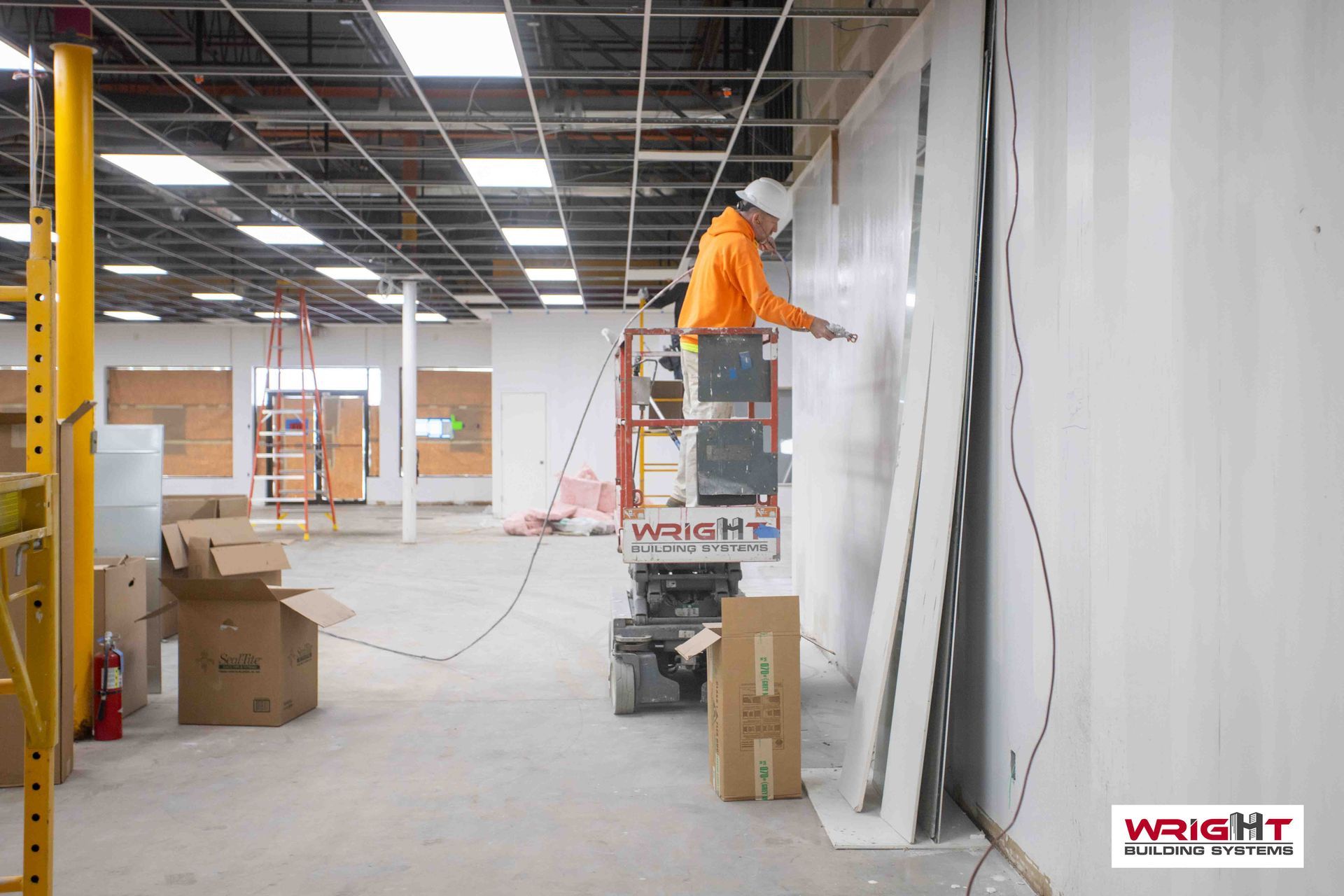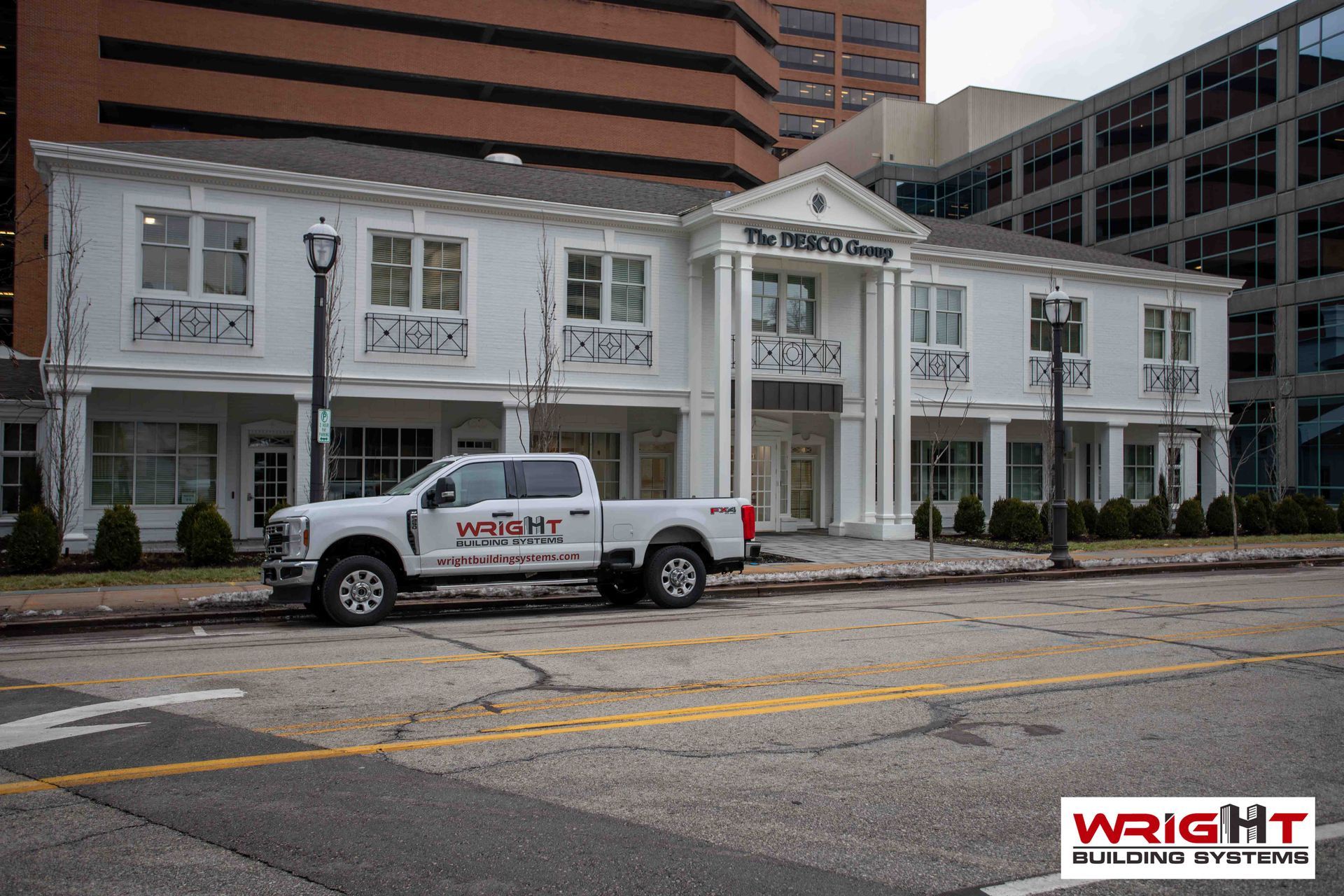How to Optimize Scheduling in Commercial Construction
When building a new business, you need to feel confident that you have dependable commercial contractors. Without the proper project management, safety, and quality control, a project can quickly become a costly disaster – leaving your budget and timeline blown.
Part of what sets qualified, superior commercial construction contractors apart? How they approach scheduling for their construction projects. Here are some tips and best practices to optimize scheduling in commercial construction and ensure serious ROI.
Planning It Out
Here's an important reminder, even for the most seasoned construction industry veterans: Before the ground is even broken, there needs to be a list of tasks to be completed over the project's scope. At the beginning stages of planning, that could be a very streamlined list, but it needs to be arranged in the order the tasks need to be completed. This gives all stakeholders a big-picture look at the finish line.
Allocate Accordingly
Each of the tasks mentioned above needs a finite deadline, but from the outset, the team needs to allocate enough time to complete each task and a margin for overruns or errors. Talk to contractors during this process and get an estimate on the time frame. If you allocate too much time, it may impact the next dependent task, but if you cut the window short, you risk the task not being completed on time.

Try Something New
If you find that the construction projects you manage are running over schedule, it may be time to try something else – like the critical path method (CPM). This is the method you use to determine how long each required task takes before it's finished and includes project phases and the periods for each step, along with the project tasks and duration. Using the CPM means mitigating or avoiding overruns that affect your profit margins.
Invest in Tech
Project managers who run into snags with vendors can tap into scheduling software from a distance, allowing for the rescheduling or reallocation of labor workforces (subcontractors, material deliveries, etc.) to meet changing needs. For example, workers can meet delayed materials shipment on-site with a few simple changes to the existing schedule.

Consider the Weather
While you can't be expected to predict extreme weather, you'll likely be able to predict seasonal weather patterns — like snowfall in the winter or thunderstorms in the spring and summer. Bake these potential delay-causing events into your schedule to give your crew a buffer if work is delayed. That way, a sudden storm or cold snap won't set your construction project too off track.
Work with Wright Building Systems
A commercial contractor or commercial builder provides comprehensive project management services – and fully optimized scheduling using the tips above. The goal is to keep the project running smoothly from start to finish. A contractor hires and manages subcontractors. They also communicate with the client and keep the project on time and within budget.
At Wright Building Systems, we specialize in commercial construction in the Greater St. Louis region. Let us handle the details to give you stunning results—on time and within budget. Our woman-owned, family-operated company will meet all your commercial construction and renovation needs.
Contact us today to learn more!
Request a Consultation
Navigation
All Rights Reserved | Wright Building Systems



